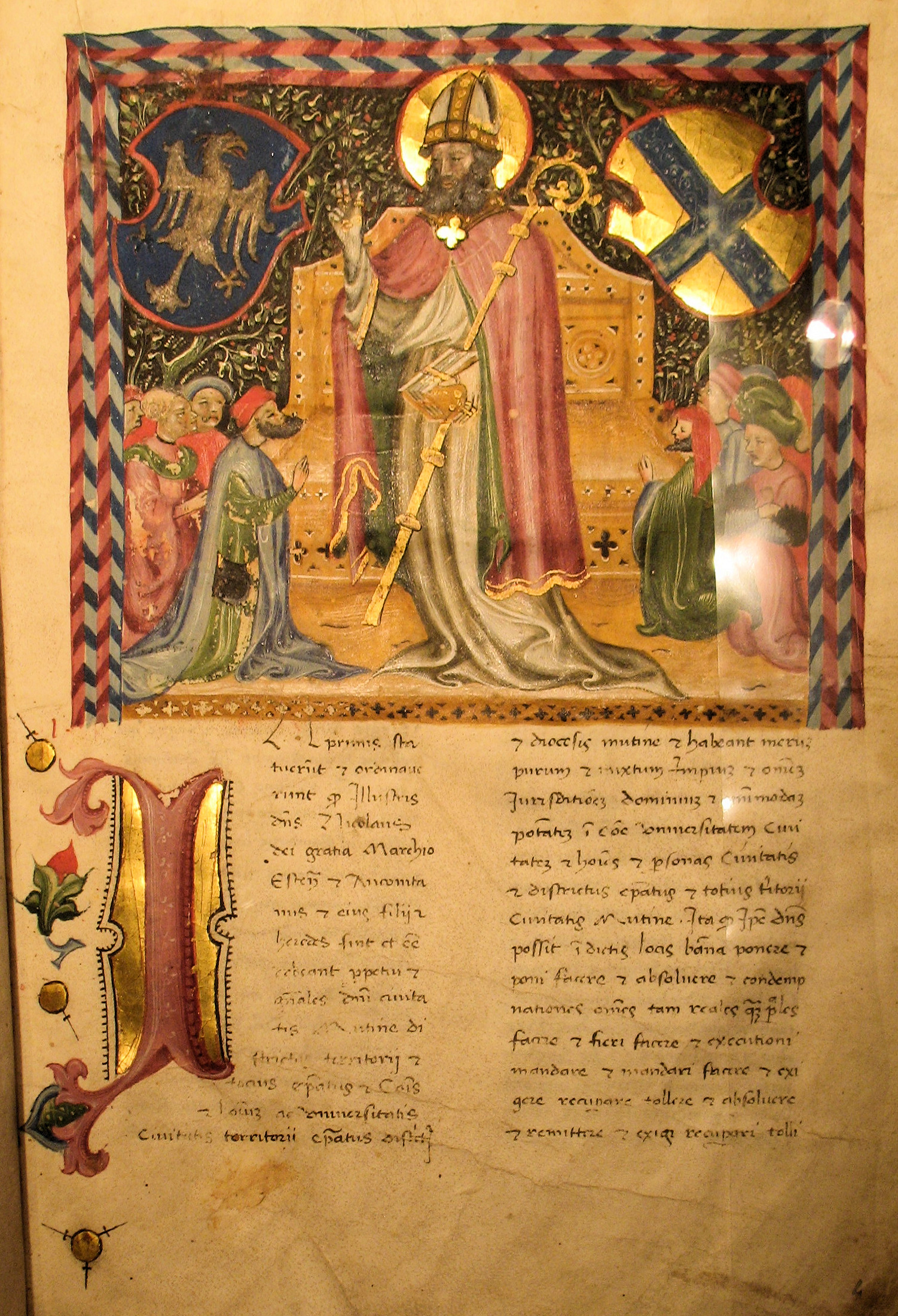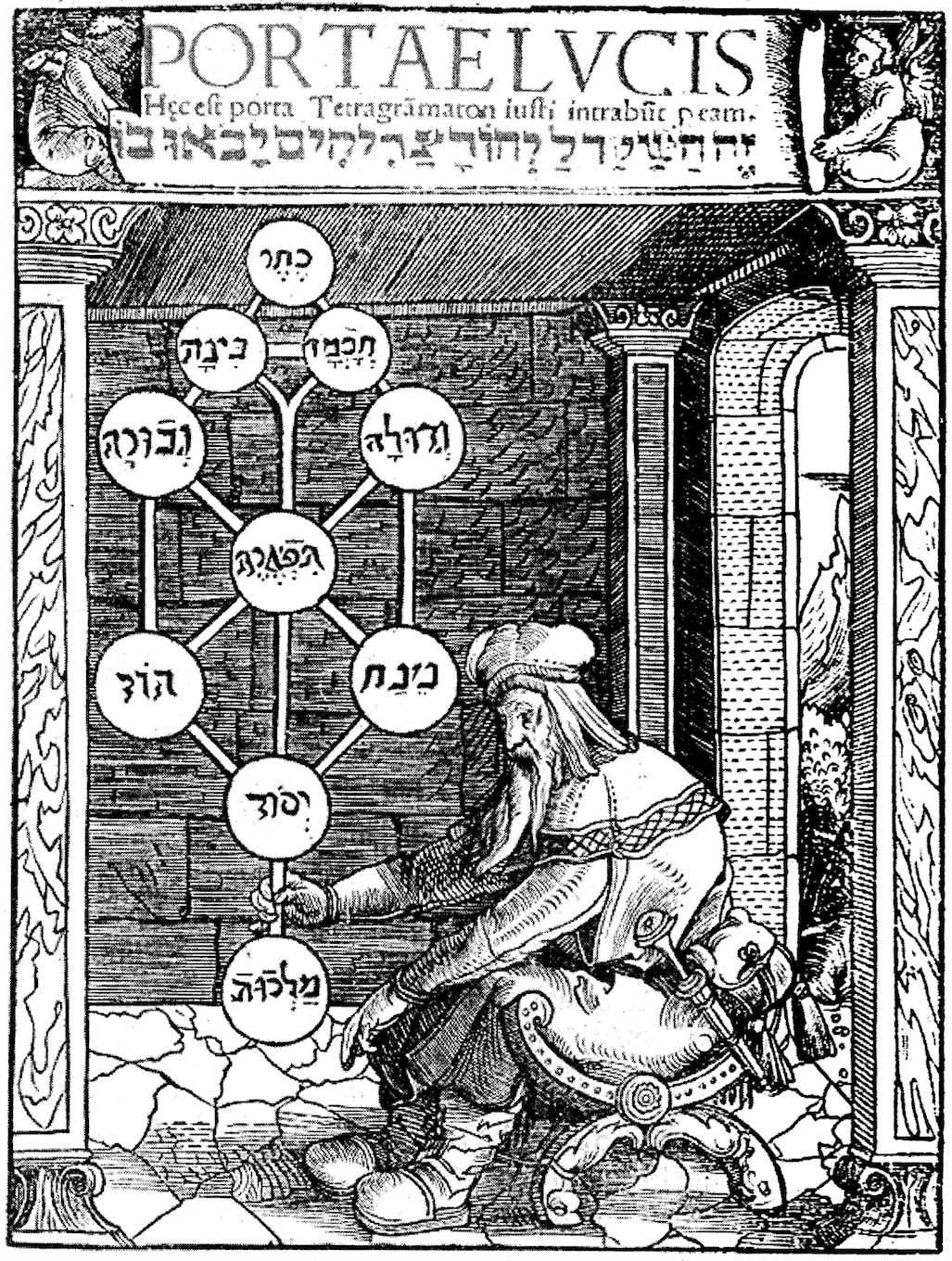|
Uriel
Uriel , Auriel ( ''ʾŪrīʾēl'', " El/God is my Flame"; ''Oúriḗl''; ''Ouriēl''; ; Geʽez and Amharic: or ) or Oriel ( ''ʾÓrīʾēl'', "El/God is my Light") is the name of one of the archangels who is mentioned in Rabbinic tradition and in certain Christian traditions. He is well known in the Russian Orthodox tradition and in folk Catholicism (in both of which he is considered to be one of the seven major archangels) and recognised in Anglicanism as the fourth archangel. He is also well known in European esoteric medieval literature. Uriel is also known as a master of knowledge and the archangel of wisdom. In apocryphal, kabbalistic, and occult works, Uriel has been equated (or confused) with Urial, Nuriel, Uryan, Jeremiel, Vretil, Sariel, Suriel, Puruel, Phanuel, Jacob, Azrael, and Raphael. In the Secret Book of John, an early Gnostic work, Uriel is placed in control of the demons who help Yaldabaoth create Adam. Uriel, Auriel or Oriel (male) / Urielle, ... [...More Info...] [...Related Items...] OR: [Wikipedia] [Google] [Baidu] |
Archangel
Archangels () are the second lowest rank of angel in the Catholic hierarchy of angels, based on and put forward by Pseudo-Dionysius the Areopagite in the 5th or 6th century in his book ''De Coelesti Hierarchia'' (''On the Celestial Hierarchy''). The Bible itself uses the term “archangel” two times referring to the angel Michael only in the New Testament. The Bible does not mention a particular hierarchy of angels in any detail aside from this. The word is usually associated with the Abrahamic religions and many offshoots they are historically associated with. ''Archangel'' is derived from Ancient Greek, Greek (), with the Greek prefix meaning 'chief'. In Catholic theology, archangels constitute the second-lowest rank of angel; much of modernized imaging of Archangels as we have today likely stems from the etymology of their name, as well as their presentation in John Milton's ''Paradise Lost''. In many offshoots of Judaism, with the oldest text coming from Enoch 1, the ... [...More Info...] [...Related Items...] OR: [Wikipedia] [Google] [Baidu] |
Jerahmeel (archangel)
The Hebrew name Jerahmeel ( Hebrew: יְרַחְמְאֵל ''Yəraḥmə ʾēl'', Tiberian: ''Yăraḥmē̆ʾēl,'' "God shall have mercy"), which appears several times in the Tanakh (see the article Jerahmeel), also appears in various forms as the name of an archangel in books of the intertestamental and early Christian periods. Scripture The book 2 Esdras, also known as 4 Ezra, is regarded as canonical by the Ethiopian Orthodox Church and falls within the intertestamental books of the Apocrypha in Protestant Bibles used by the Lutheran Churches and the Anglican Communion; it has come down to us in Latin and appears as an appendix to the Vulgate. There is a reference in chapter 4 verse 36, to Jeremiel (in the Latin Ieremihel), which, however, does not occur in all the manuscripts. Other versions have Remiel or Uriel. In this passage, the angel or angels (Uriel is also there) are answering Ezra's many questions about heaven and hell. Jeremiel (under any of his name alterati ... [...More Info...] [...Related Items...] OR: [Wikipedia] [Google] [Baidu] |
Flaming Sword (mythology)
A flaming sword is a sword which is glowing with a flame which is produced by some supernatural power. Abrahamic sources According to the Bible, a flaming sword ( ''lahat chereb'' or literally "flame of the whirling sword" ''lahaṭ haḥereb hammithappeket'') was entrusted to the cherubim by God to guard the gates of Paradise after Adam and Eve were banished (Genesis 3:24). Scholars have variously interpreted the sword as a weapon of the cherubim, as lightning, as a metaphor, as an independent divine being, or even as a figurative description of bladed chariot wheels. In Kabbalah, the flaming sword represents the order which the sefirot were created in, also known as “'' the path of the flaming sword.”'' Dumah is an angel mentioned in Rabbinical literature and popular in Yiddish folklore. Isaac Bashevis Singer's ''Short Friday'' (1964), a collection of stories, mentions Dumah as a "thousand-eyed angel of death, armed with a flaming sword". The sword is otherwise assoc ... [...More Info...] [...Related Items...] OR: [Wikipedia] [Google] [Baidu] |
Nuriel
Nuriel ( ''Nūrīʾēl;'' meaning: " El/God is my fire" or "El/God is my light") is an angel in Judaism who is responsible for hailstorms. He is the archangel Uriel, whose name changes when inclined towards judgment. In Jewish legend, Moses encountered Nuriel in the 2nd heaven. It is said in the Zohar that when a person opens his lips during the weekdays at Arvit (the evening prayer), an eagle descends to carry the prayer of the night upon its wings. (This eagle is called) Nuriel. He is called Uriel from the aspect of Chesed and Nuriel from the aspect of Gevurah, which is a burning fire about which it is written: "A fiery stream issued and came forth" (Daniel 7:10). According to the Zohar, Nuriel governs Virgo. Davidson, Gustav (1967), A Dictionary of Angels, Including The Fallen Angels', Entry: Nuriel, Free Press, p. 209, Library of Congress Catalog Card Number: 66-19757, He is 300 parasangs (approx. 5.6 km) tall and has an army of 50 myriads of angels (= 500,000) "all ... [...More Info...] [...Related Items...] OR: [Wikipedia] [Google] [Baidu] |
Suriel
Sariel (Hebrew and Aramaic: שָׂרִיאֵל ''Śārīʾēl'', "God is my Ruler"; Greek: Σαριηλ ''Sariēl'', ''Souriēl''; Amharic: ሰራቁያል ''Säraquyael'', ሰረቃኤል ''Säräqael'') is an angel mainly from Judaic tradition. Other possible versions of his name are Suriel, Suriyel (in some Dead Sea Scrolls translations), Seriel, Sauriel, Saraqael, Sarakiel, Suruel, Surufel, and Souriel. In 1 Enoch (20:6), he is said to be "one of the evenholy angels ho watch who is set over the spirits, who sin in the spirit". Origen identified Suriel as one of seven angels who are considered primordial powers by the Ophites. In Gnosticism, Sariel is invoked for his protective powers. He is commemorated by the Coptic Orthodox Church on 27 Tobi in the Coptic calendar. He is not to be confused with the fallen watcher Sahariel (Hebrew & Aramaic: שַׂהֲרִיאֵל ''Śahărīʾēl''; "God is my moon") who bears a similar name. In 1 Enoch (8:1) he is said to ... [...More Info...] [...Related Items...] OR: [Wikipedia] [Google] [Baidu] |
Geʽez
Geez ( or ; , and sometimes referred to in scholarly literature as Classical Ethiopic) is an ancient South Semitic language. The language originates from what is now Ethiopia and Eritrea. Today, Geez is used as the main liturgical language of the Ethiopian Orthodox Tewahedo Church, the Eritrean Orthodox Tewahedo Church, the Ethiopian Catholic Church, the Eritrean Catholic Church, and the Beta Israel Jewish community. Hawulti Obelisk is an ancient pre-Aksumite obelisk located in Matara, Eritrea. The monument dates to the early Aksumite period and bears an example of the ancient Geez script. In one study, Tigre was found to have a 71% lexical similarity to Geʽez, while Tigrinya had a 68% lexical similarity to Geʽez, followed by Amharic at 62%. Most linguists believe that Geez does not constitute a common ancestor of modern Ethio-Semitic languages but became a separate language early on from another hypothetical unattested common language. Phonology Vowel ... [...More Info...] [...Related Items...] OR: [Wikipedia] [Google] [Baidu] |
Occult
The occult () is a category of esoteric or supernatural beliefs and practices which generally fall outside the scope of organized religion and science, encompassing phenomena involving a 'hidden' or 'secret' agency, such as magic and mysticism. It can also refer to paranormal ideas such as extra-sensory perception and parapsychology. The term occult sciences was used in 16th-century Europe to refer to astrology, alchemy, and natural magic. The term occultism emerged in 19th-century France, among figures such as Antoine Court de Gébelin. It came to be associated with various French esoteric groups connected to Éliphas Lévi and Papus, and in 1875 was introduced into the English language by the esotericist Helena Blavatsky. Throughout the 20th century, the term 'occult' was used idiosyncratically by a range of different authors. By the 21st century the term 'occultism' was commonly employed –including by academic scholars in the field of Western esotericism ... [...More Info...] [...Related Items...] OR: [Wikipedia] [Google] [Baidu] |
Kabbalah
Kabbalah or Qabalah ( ; , ; ) is an esoteric method, discipline and school of thought in Jewish mysticism. It forms the foundation of Mysticism, mystical religious interpretations within Judaism. A traditional Kabbalist is called a Mekubbal (). List of Jewish Kabbalists, Jewish Kabbalists originally developed transmissions of the primary texts of Kabbalah within the realm of Jewish tradition and often use classical Jewish scriptures to explain and demonstrate its mystical teachings. Kabbalists hold these teachings to define the inner meaning of both the Hebrew Bible and traditional rabbinic literature and their formerly concealed transmitted dimension, as well as to explain the significance of Jewish religious observances. Historically, Kabbalah emerged from earlier forms of Jewish mysticism, in 12th- to 13th-century Golden age of Jewish culture in Spain, al-Andalus (Spain) and in Hakhmei Provence, and was reinterpreted during the Jewish mystical renaissance in 16th-century ... [...More Info...] [...Related Items...] OR: [Wikipedia] [Google] [Baidu] |
Apocrypha
Apocrypha () are biblical or related writings not forming part of the accepted canon of scripture, some of which might be of doubtful authorship or authenticity. In Christianity, the word ''apocryphal'' (ἀπόκρυφος) was first applied to writings that were to be read privately rather than in the public context of church services. Apocrypha were edifying Christian works that were not always initially included as Biblical canon, canonical scripture. The adjective "apocryphal", meaning of doubtful authenticity, mythical, fictional, is recorded from the late 16th century, then taking on the popular meaning of "false," "spurious," "bad," or "heretical." It may be used for any book which might have scriptural claims but which does not appear in the canon accepted by the author. A related term for non-canonical apocryphal texts whose authorship seems incorrect is pseudepigrapha, a term that means "false attribution". In Christianity, the name "biblical apocrypha, the Apocrypha" ... [...More Info...] [...Related Items...] OR: [Wikipedia] [Google] [Baidu] |
Medieval Literature
Medieval literature is a broad subject, encompassing essentially all written works available in Europe and beyond during the Middle Ages (that is, the one thousand years from the fall of the Western Roman Empire ca. AD 500 to the beginning of the Renaissance in the 14th, 15th or 16th century, depending on country). The literature of this time was composed of religious writings as well as secular works. Like modern literature, it is a broad field of study, from the utterly sacred to the exuberantly profane, touching all points in between. Works of literature are often grouped by place of origin, language, and genre. Languages Outside of Europe, medieval literature was written in Geʽez, Ethiopic, Syriac language, Syriac, Coptic language, Coptic, Japanese language, Japanese, Chinese language, Chinese, and Arabic, among many other languages. In Western Europe, Latin was the common language for medieval writing, since Latin was the language of the Roman Catholic Church, which domin ... [...More Info...] [...Related Items...] OR: [Wikipedia] [Google] [Baidu] |
Western Esotericism
Western esotericism, also known as the Western mystery tradition, is a wide range of loosely related ideas and movements that developed within Western society. These ideas and currents are united since they are largely distinct both from orthodox Judeo-Christian, Judeo-Christian religion and Age of Enlightenment rationalism. It has influenced, or contributed to, various forms of Western philosophy, mysticism, Western religions, religion, science, pseudoscience, Western art history, art, Western literature, literature, and Western culture#Music, music. The idea of grouping a wide range of Western traditions and philosophies together under the term ''esotericism'' developed in 17th-century Europe. Various academics have debated numerous definitions of Western esotericism. One view adopts a definition from certain esotericist schools of thought themselves, treating "esotericism" as a perennial philosophy, perennial hidden inner tradition. A second perspective sees esotericism as a ... [...More Info...] [...Related Items...] OR: [Wikipedia] [Google] [Baidu] |






